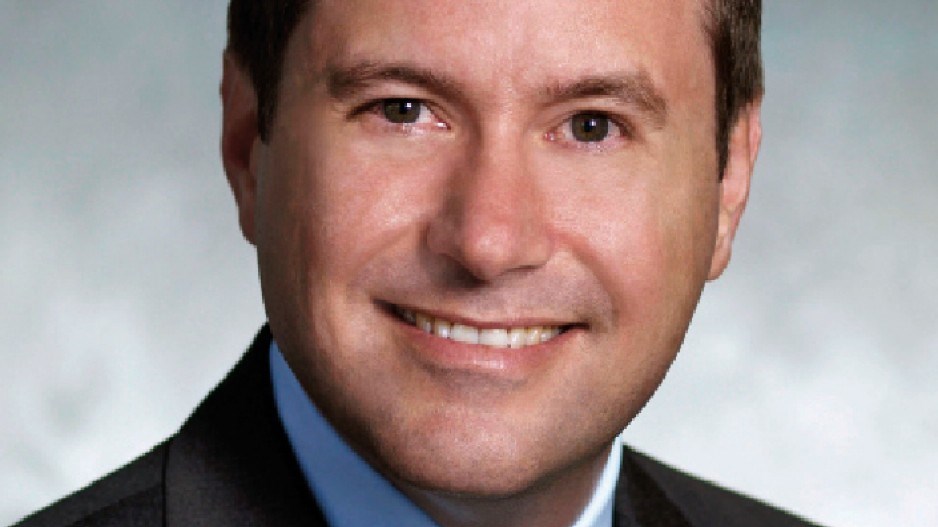Vancouver transactions are set to ensure that Canada's real estate investment trust (REIT) sector in 2013 will record a fifth straight year of better returns than the S&P/TSX composite index.
CIBC World Markets Inc. released rosy projections for REITs April 10 based on low interest rates, easy availability of equity and debt and healthy market fundamentals.
REIT total returns have blown away the S&P/TSX composite index average in each of the past two years (17% versus 7% in 2012; 22% versus -9% in 2011).
Many REIT principals and executives who attended the April 9 Vancouver real estate forum are bullish on the sector and say they are seeking acquisitions.
Vancouver-founded Pure Industrial Real Estate Trust (PIRET) plans to make $600 million in acquisitions in 2013, said president Kevan Gorrie.
"We want to be the go-to industrial REIT in the country. We want to be the choice REIT and that comes from buying good real estate and making good deals that enhance our return for investors."
Gorrie anticipates his company's market capitalization will rise to $750 million by the end of 2013 from about $530 million today. He then aims to raise that market cap to $1 billion by the end of 2014 and a $1.5 billion by the end of 2015.
When former Vancouverites and co-CEOs Darren Latoski and Stephen Evans took PIRET public in 2007, the company had a $20 million market capitalization.
"We're really chasing population growth," Gorrie said. "We see port activity in Canada, and the West Coast particularly, being essential to the economy of the country. Growth will be very robust so we've been targeting this market."
Forgestone Capital CEO Trevor Blakely is also bullish on real estate in areas where there is strong population growth. He said his private equity fund places a priority on those areas as places to own income-producing properties and to develop real estate projects.
"If you look at where there is population growth and condominium growth, the residents are going to need a basket of services," he said.
"That's office, industrial or retail in the near vicinity."
Population growth and proximity to transportation hubs not only increase tenant demand for commercial real-estate space in major centres, Blakely said, they also provide an easy exit strategy because it will be easier to find buyers for the properties.
But not all classes of real estate are currently hot.
Hotels and seniors residences, for example, are sluggish asset classes, according to several real-estate insiders, including Joe Mazzocco, a partner at KingSett Capital (see sidebar for more on KingSett).
A big deal in B.C. real-estate investment
KingSett Capital is active mostly with office, retail, industrial and multi-family residential real estate.
It was part of a consortium that closed a deal April 4 to buy 17 properties from Primaris Retail REIT – a side deal that was a spinoff from H&R REIT's acquisition of the rest of Primaris for $2.7 billion in stock and cash.
Some of the new retail properties that KingSett at least part-owns in B.C. include:
•Woodgrove Centre in Nanaimo;
•Aberdeen Mall in Kamloops; and
•Westbank Shopping Centre in Kelowna.
"We're all about risk- adjusted returns," partner Joe Mazzocco said.
"The right risk and right return depends on each individual opportunity, but that is something that we focus on each time we make an investment."




